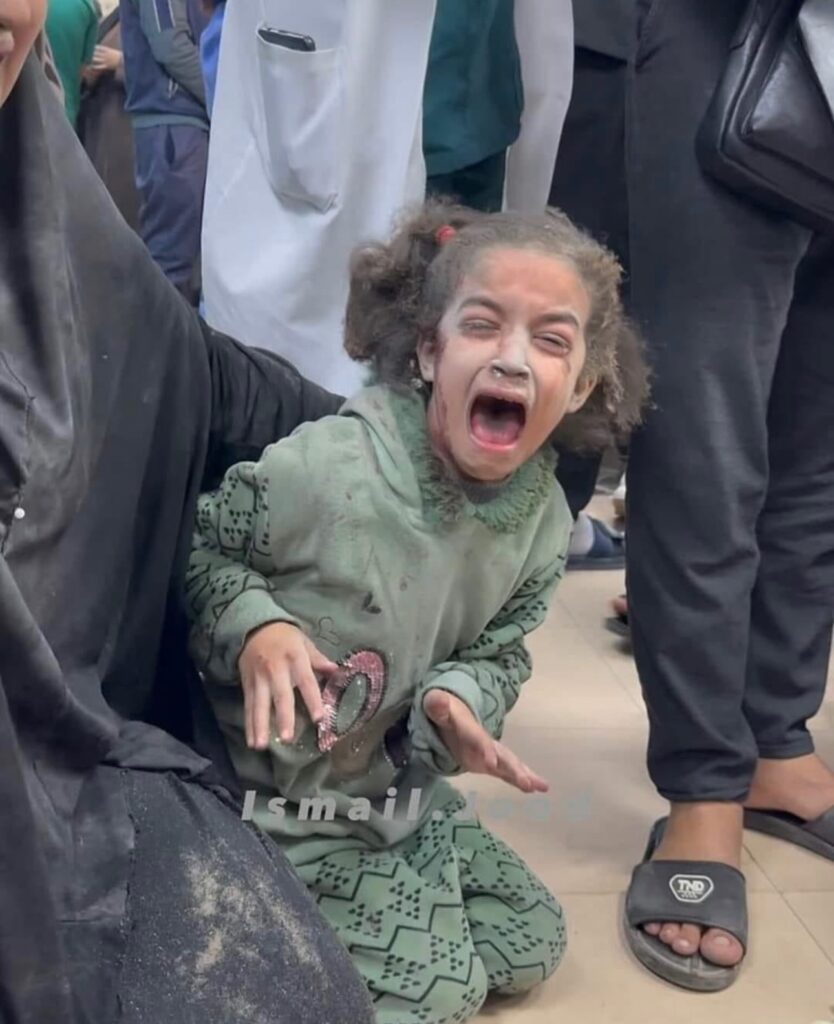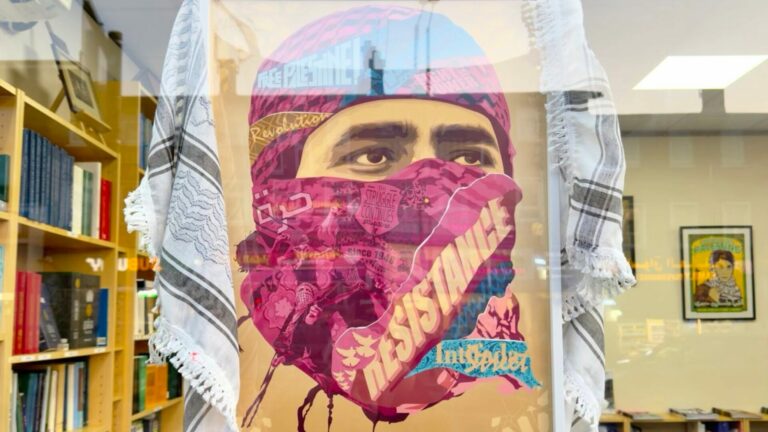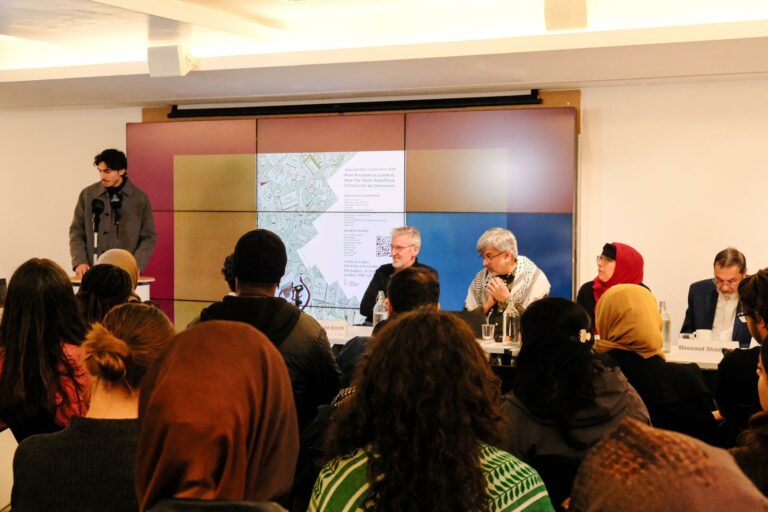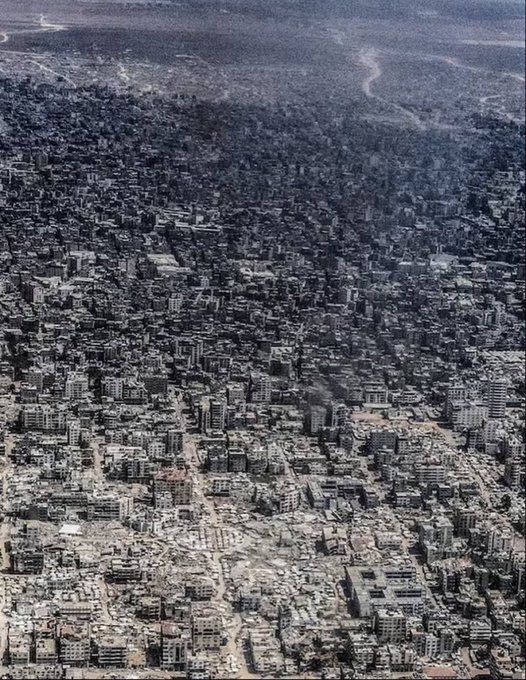IHRC is pleased to announce that its sixteenth annual Genocide Memorial Day will take place on Sunday, 19 January.
This year’s theme is ‘Resisting Genocide’.
Fifteen months after it started, Israel’s genocide of Palestinians in Gaza ploughs forward relentlessly. Despite the ICJ finding a plausible case of genocide against Israel and despite multiple accusations of genocide by human rights groups and legal experts, the campaign of mass slaughter and destruction shows no sign of abating.s
To date over 46,000 people have been killed and thousands more injured, many of them maimed for life. 40% of the victims are children.
Yet the overwhelming response from the international community has been one of silence, if not acquiescence and active complicity.
Instead of fulfilling their legal obligation to stop the genocide, US and Israel aligned states have not only sought to provide cover for the atrocities being committed but also to stigmatise, victimise, demonise and even criminalise those actors who try to resist them.
This has been most evident in the attacks on the Ansarullah movement in Yemen, the Israeli bombing and invasion of Lebanon, air attacks on Iran and the attacks on resistance targets in Syria and Iraq. At the level of civil society, anti-genocide activism in many western jurisdictions has been met with ruthless repression.
In this year’s conference, a distinguished panel of speakers will highlight and dissect the issues surrounding resistance to genocide, particularly as it pertains to the ongoing genocide in Gaza.
They include: Professor Haim Bresheeth, filmmaker, photographer and a film studies scholar, and a Professorial Research Associate at SOAS University of London. His books include the best-selling “Introduction to the Holocaust”.
Dr Ahmed Mofeed Mokhallalati, an eminent plastic surgeon who relocated to Gaza in early 2023 from the UK and assumed the position of Head of Plastic Surgery at Al-Shifa Hospital, the largest medical facility in the region. He has eight months of frontline experience treating patients in the Gaza genocide.
Dr Stephen Sizer, a former priest and expert on Christian Zionism. He is the author of three books, “In the Footsteps of Jesus and the Apostles”, “Christian Zionism: Roadmap to Armageddon” and “Zion’s Christian Soldiers: The Bible, Israel and the Church”.
Dr Ghada Karmi, a distinguished Palestinian-born academic, physician and author. Dr Karmi was born in Jerusalem and was forced into exile with her family as a result of Israel’s creation in 1948. She is the author of a 2002 autobiography, “In Search of Fatima: A Palestinian Story.”
This year’s GMD takes place amid a controversy surrounding the refusal by official Holocaust Memorial Day Trust to include Gaza in the genocides that HMD commemorates. The refusal underscores one of the reasons that GMD was established, namely to ensure that memorials do not admit any hierarchy of suffering by which some genocides are deemed to be more significant than others. “Never Again” does not and should never mean “Never Again” just for one exceptionalised group.
Genocide Memorial Day not only highlights current and past genocides and genocidal activities, but seeks to stop new ones happening in the future. It was started by IHRC in 2010 to commemorate genocides and to raise awareness about genocide prevention.
Keep up to date on the GMD page on our website.
WHEN: Sunday, 19 January 2025
TIME: 3pm-6pm
VENUE: P21 Gallery, 21 Chalton Street, Kings Cross, London NW1 1JD
Free event
This event will be streamed LIVE online on YouTube and IHRC.TV
Refreshments will be provided
[ENDS]
For more information or comment please contact the Press Office on (+44) 208 904 0222 or (+44) 7958 522196 or email media@ihrc.org
——————————————————————————————
IHRC is an NGO in Special Consultative Status with the Economic and Social Council of the United Nations.
Islamic Human Rights Commission
PO Box 598
Wembley
HA9 7XH
United Kingdom
Telephone (+44) 20 8904 4222
Email: info@ihrc.org
Web: www.ihrc.org
Twitter: @ihrc






